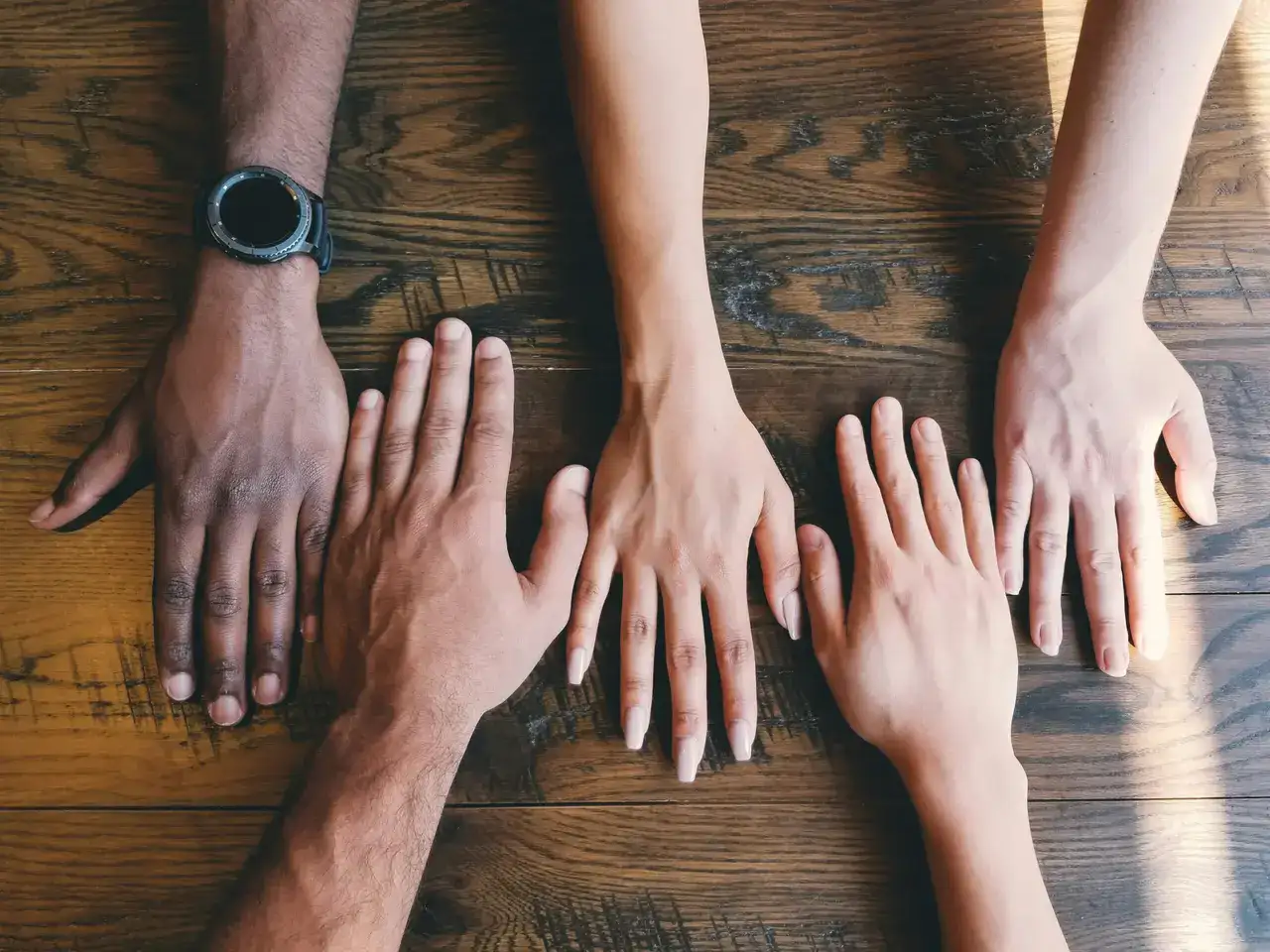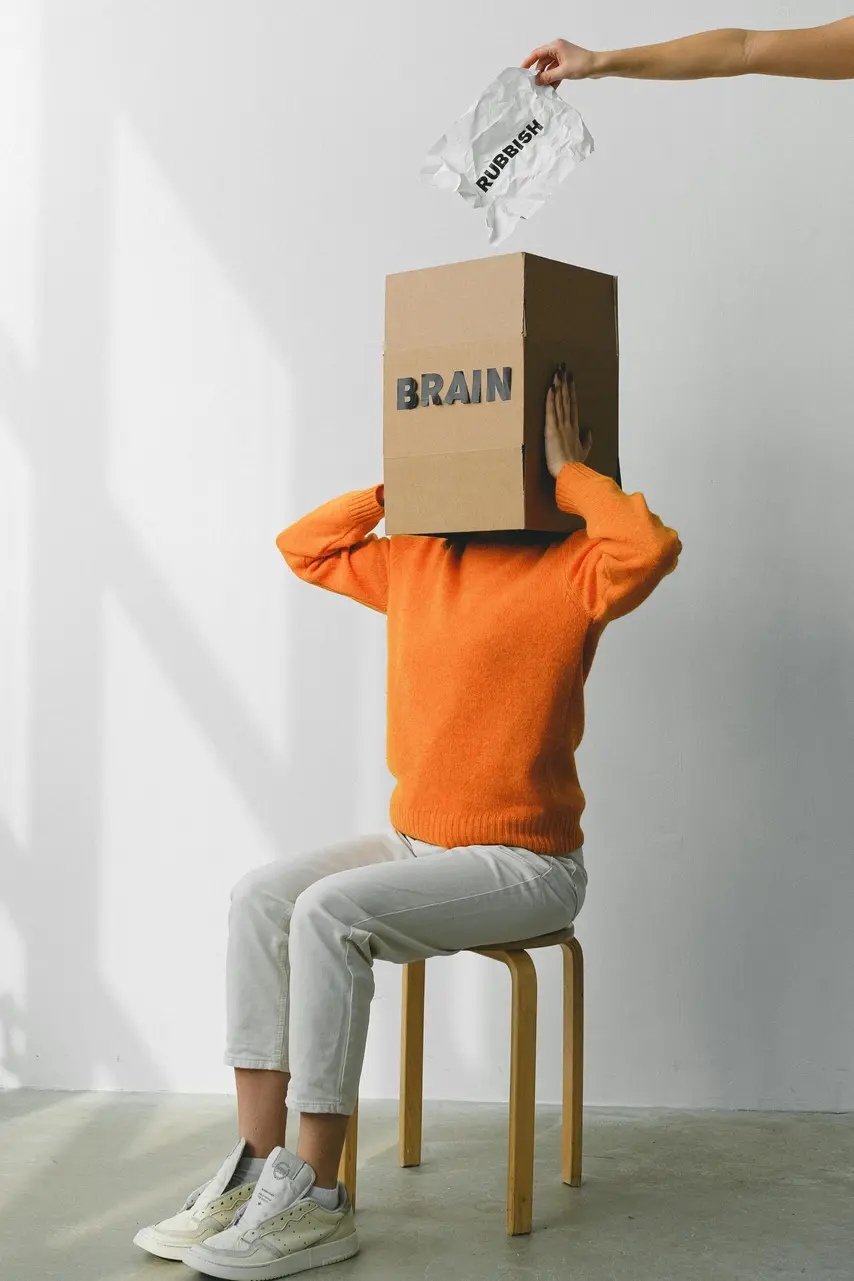The National Problem
Congratulations to “sleepyheads.” You are practicing good health for good thinking that is also known as healthy brain functions due to good sleep. The rest of you may be in trouble.
Some 15 percent or about 40 million Americans suffer from sleep deprivation that affects mental and physical health. Another 20 million experience occasional sleep issues. Lack of good, deep sleep opens the door to a range of problems. Physicians and scientists in numerous studies concur that sound sleep enables many benefits ranging from healing, building new tissue to the prevention and even diminishing of mental disorders.
According to published studies including several from Harvard Medical School, more than 70 types of sleep disorders exist. The most common are insomnia – difficulty falling or staying asleep, obstructive sleep apnea – disordered breathing that causes multiple awakenings, various movement syndromes or unpleasant that prompts fidgeting, and extreme sleepiness suddenly during the day, known as narcolepsy.
Extreme drowsiness in school or at work is a clear message of inadequate night sleep. At the least, say experts, America is sleep-deprived and it is costly in many ways – including how we learn, move, react, make progress, treat others and perform numerous tasks.
Poor sleep habits have been linked to problems like depression, anxiety, increased risk of heart disease and cancer, memory issues, weight gain and weakened immune system. A new problem identified by scientists suggests that poor sleep leads to psychological issues and anger toward others.
Rapid Eye Movement (REM), the deepest stage of sleep, stimulates the brain used in learning and gaining certain skills. But lack of deep sleep results in lack of recalling what was learned, studies reported. What this means is that when deep sleep is disrupted, it causes havoc on the brain and impairs ability to think clearly and recall information.
One prime example is driver fatigue. The National Highway Traffic Safety Administration says some 10,000 motor vehicle accidents and l500 deaths occur every year due to sleep deprivation. Its studies show that sleep deprived people drive as badly or worse than someone intoxicated
Also, people with mental health issues are often sleep deprived but if the sleep disorder is treated, it can result in improved mental health.
Other signs of a sleep disorder are constant tiredness, repeated use of caffeine, waking without feeling refreshed, drowsiness during mundane activity, memory problems and waking often during the night.
Other issues are related to heartburn, arthritis, and restless leg syndrome.
Come tour our facility at Kingwood Memory & Assisted Living!





